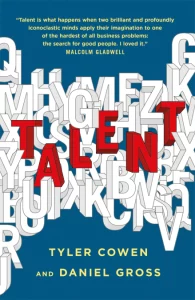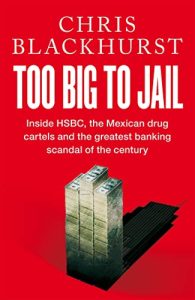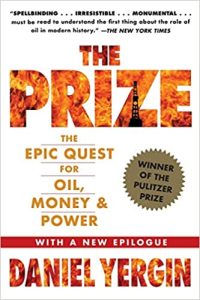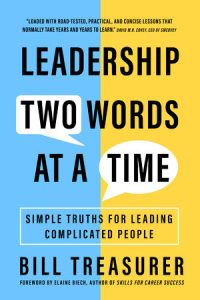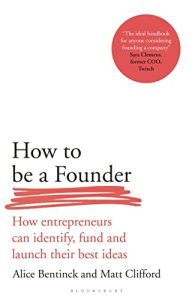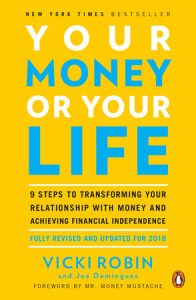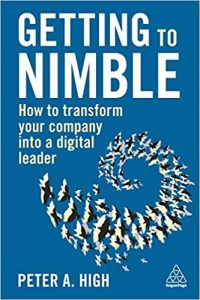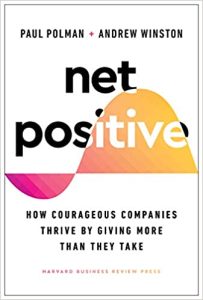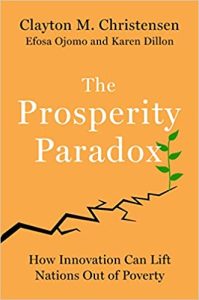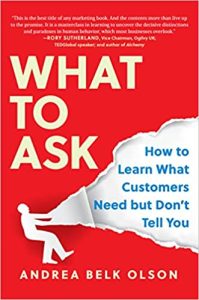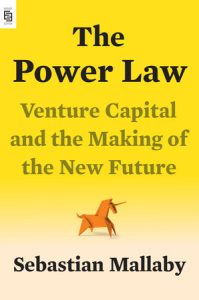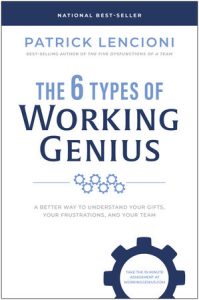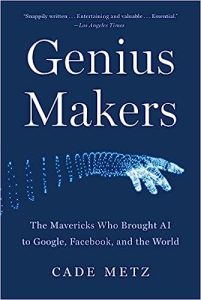Talent
₦11,000.00How do you find talent with a creative spark? To what extent can you predict human creativity, or is human creativity something irreducible before our eyes, perhaps to be spotted or glimpsed by intuition, but unique each time it appears?
The art and science of talent search get at exactly those questions. Renowned economist Tyler Cowen and venture capitalist and entrepreneur Daniel Gross guide the reader through the major scientific research areas relevant for talent search, including how to conduct an interview, how much to weight intelligence, how to judge personality and match personality traits to jobs, how to evaluate talent in on-line interactions such as Zoom calls, why talented women are still undervalued and how to spot them, how to understand the special talents in people who have disabilities or supposed disabilities, and how to use delegated scouts to find talent.
Identifying underrated, brilliant individuals is one of the simplest ways to give yourself an organizational edge, and this is the book that will show you how to do that. It is both for people searching for talent, and for those being searched and wish to understand how to better stand out.

